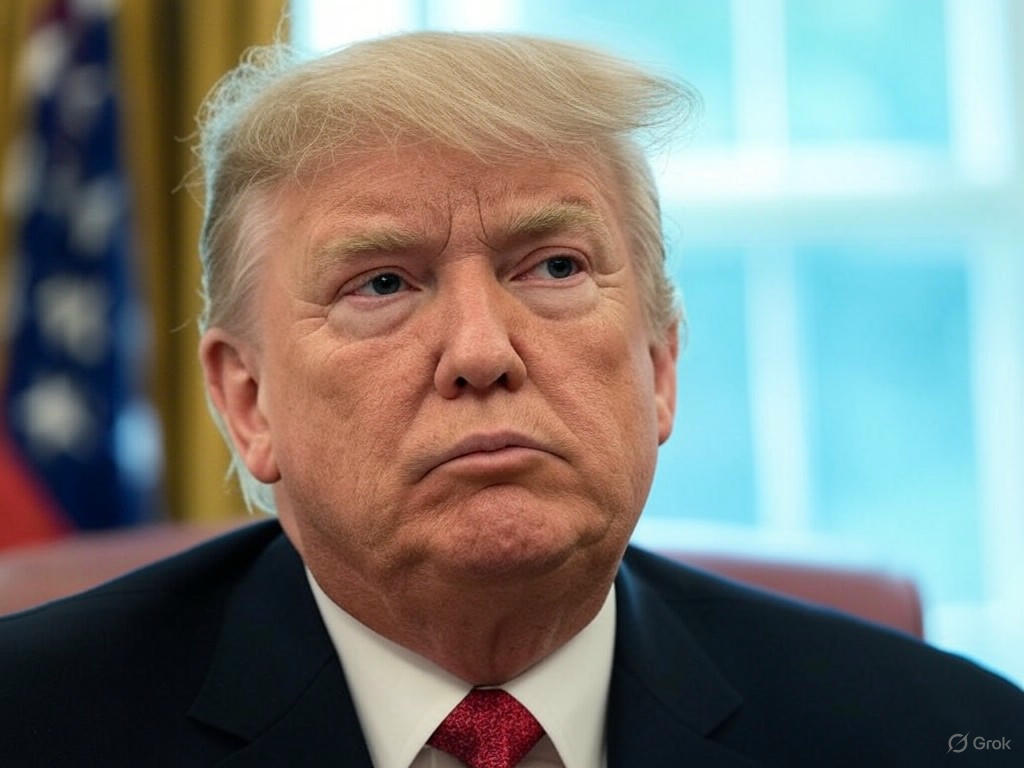In a bold and polarizing move, President Donald Trump has initiated a formal investigation into the actions of his predecessor, Joe Biden, during his time in office. This decision, announced recently from the White House, has reignited political tensions and drawn sharp criticism from Democrats who view it as a partisan overreach. Trump’s directive focuses on allegations that Biden’s staff concealed concerns about his mental sharpness and questions the legitimacy of certain presidential actions, including the use of an autopen for signing official documents like pardons. This latest development marks a significant escalation in the targeting of Biden, raising questions about the boundaries of political accountability and the potential for retribution in American politics.
The investigation, as outlined by Trump’s administration, aims to scrutinize whether Biden’s team deliberately hid any perceived decline in his cognitive abilities from the public. Critics of the probe argue that such claims lack substantial evidence and are rooted in political vendetta rather than genuine concern for transparency. Trump, however, insists that the American people deserve clarity on whether Biden was fully capable of executing the duties of the presidency. Additionally, the inquiry will examine the use of an autopen—a mechanical device that replicates a signature—for signing documents, a practice that, while not illegal, has sparked debate about authenticity and accountability in presidential decision-making. Supporters of Trump argue that these issues warrant investigation to ensure the integrity of the office, while opponents see it as an attempt to discredit Biden’s legacy.
Legal experts have weighed in, noting that while a sitting president has the authority to order such probes, the scope and intent of this investigation could set a dangerous precedent for future administrations. If unchecked, they warn, this could normalize the weaponization of executive power to target political rivals, undermining democratic norms. Meanwhile, Biden’s allies have condemned the move as a distraction from pressing national issues, accusing Trump of focusing on personal grudges rather than governance. Public opinion appears divided, with some Americans expressing curiosity about the findings, while others view the investigation as a waste of taxpayer resources during a time of economic and social challenges.
As the investigation unfolds, it is likely to dominate political discourse and further polarize an already divided nation. The outcome could have far-reaching implications, not only for Biden’s reputation but also for how future presidents navigate the delicate balance between accountability and political retribution. For now, the nation watches as this unprecedented probe tests the limits of executive authority and the resilience of democratic institutions. Whether this inquiry will uncover significant wrongdoing or simply fuel partisan flames remains to be seen, but one thing is clear: the shadow of past presidencies continues to loom large over America’s political landscape, shaping debates and decisions in ways that could echo for years to come.
